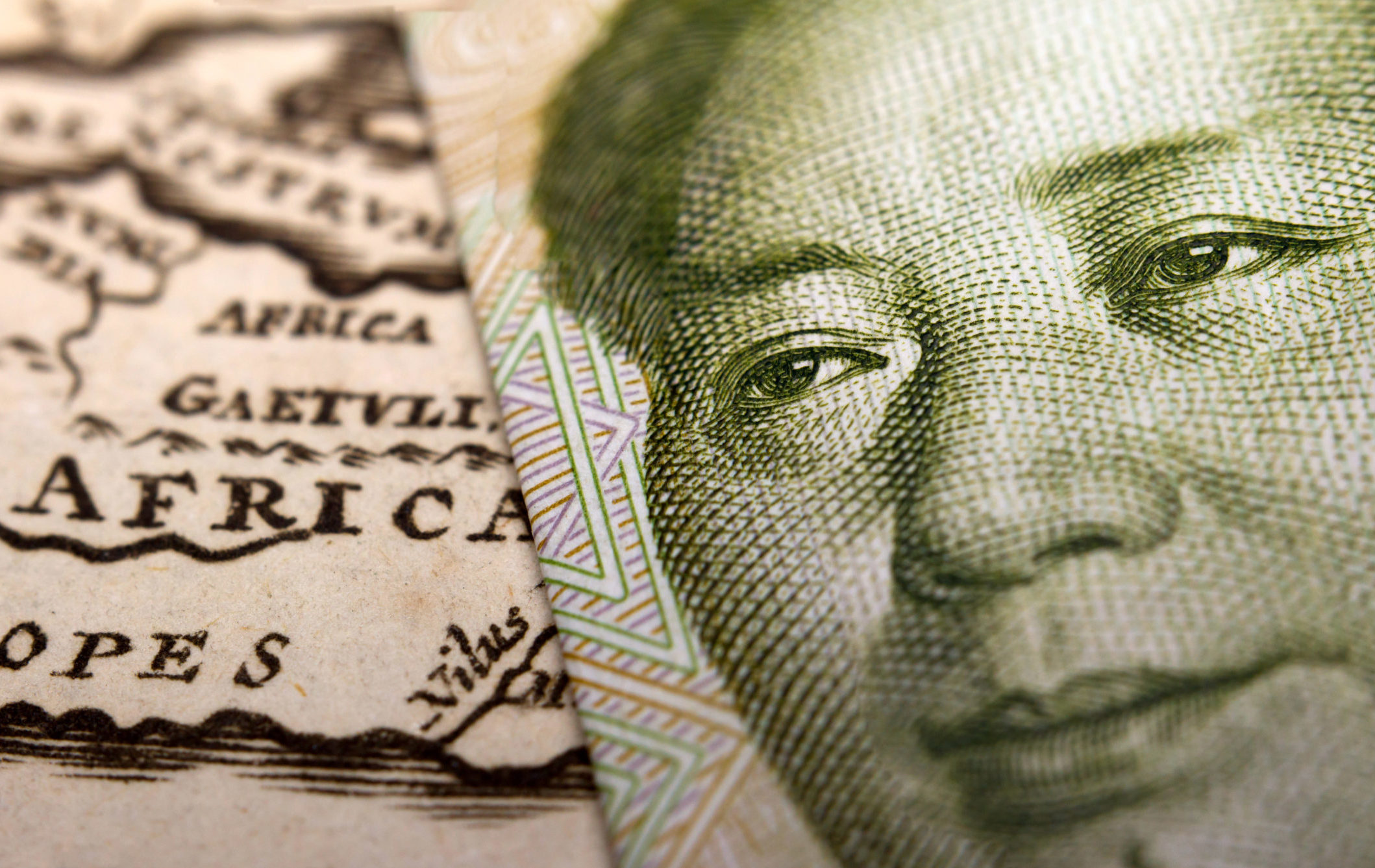As The US Slept, China Captured Africa
China is mining Africa for its natural resources and currying favor with its peoples.

On August 25, the 5th Forum on China-Africa Media Cooperation (FOCAC) took place in Beijing. According to an official press release, Xi Jinping and Macky Sall, the Senegalese president and co-chair of FOCAC, sent letters of congratulations to the forum’s members. Huang Kunming, a key member of the Chinese Communist Party’s Political Bureau, read both letters and delivered a keynote speech. As per the press release, Huang emphasized the importance of deepening cooperation and collaborative efforts between China and Africa.
Why is the CCP so interested in Africa? The world’s fastest growing continent, Africa is home to an abundance of natural resources. Besides possessing 65 percent of the world’s arable land, the African continent is home to almost a third of the world's mineral reserves. Africa also boasts 10 percent of the world’s fresh water sources, 40 percent of the world’s gold deposits, 8 percent of the world's natural-gas reserves, and 12 percent of global oil reserves. This is news to many, I’m sure, but not to the Chinese regime.
Analysts desperately warn that the West, especially the U.S., must not lose Africa to China. The warnings are coming far too late; the continent may already be lost. Africa, home to 1.2 billion people, has the youngest population in the world. Some 70 percent of sub-Saharan Africans are under the age of 30. According to a recent survey conducted by the Ichikowitz Family Foundation, a South African think tank, many of these younger citizens consider China, rather than the U.S., to be the most significant foreign player in Africa. By a ten-point split, 77-67, young Africans surveyed were more likely to say that China had significant influence on their country. When asked why they ranked China above the U.S., respondents cited infrastructure development and Beijing’s willingness to create job opportunities across the continent.
Ivor Ichikowitz, one of the people responsible for the research, told Voice of America that things used to be very different. “In the first edition of the pan-African youth survey,” he said, “we asked young Africans which country they believed had the biggest influence on the continent.” At that point in time, “it was without any doubt the United States.” Bear in mind that the first edition of the survey took place in 2020, just two years ago. Ichikowitz stressed that Donald Trump, the former president of the U.S., “resonated with African youth,” because he “was seen as a powerful, charismatic leader.” As “a consequence the United States topped the list of most influential countries in Africa.” Now, though, the perception of the U.S. has changed drastically.
While Western countries appear to be drifting away from Africa, Beijing recently announced plans to waive debt owed by 17 African countries. To sweeten the deal, China plans to invest a further $300 billion in the continent. It’s clear that, in return for generous investments, the CCP demands access to influential military and political personnel, as well as valuable minerals.
Much has been written about China’s infiltration of the so-called “Lithium Triangle,” consisting of Argentina, Bolivia, and Chile, which accounts for 56 percent of the world’s lithium supply. Over the years, China has acquired a number of mines in the three countries. In the space of two years, between 2018 and 2020, China invested $16 billion on mining projects in the triangle. In an effort to create a near-monopoly in the lithium market, China is also investing in Africa—specifically Zimbabwe, home to Africa's largest lithium reserves.
Subscribe Today
Get daily emails in your inbox
A key component in electric vehicle (E.V.) batteries, lithium is in high demand. As the leading manufacturer of E.V.s, China needs as much lithium as it can get. This explains the massive investments in South America and Zimbabwe. Home to tons of untapped deposits, Zimbabwe has been the recipient of sizable cash injections from China. Take Zhejiang Huayou Cobalt, for example. Earlier this year, according to deVere Zimbabwe, the Chinese company injected $300 million into its Arcadia Lithium Mine. It also began “the construction of a processing plant to produce 400,000 tonnes of lithium concentrate each year.” Besides investing in lithium, China is also scouring the country looking for diamonds. China is also influencing operations in Botswana, the world's largest diamond producer.
Some 1,500 miles away, in Rwanda, the Chinese are busy mining cassiterite, a mineral used in the construction of alloys, plates, cans, and various containers. Miners who fail to please their Chinese employers are tortured.
The influence China exerts over the African continent cannot be emphasized enough. Just two years ago, the U.S. was considered Africa’s number-one ally. Today, it has been not just dethroned, but overtaken by its number-one global rival.
Comments